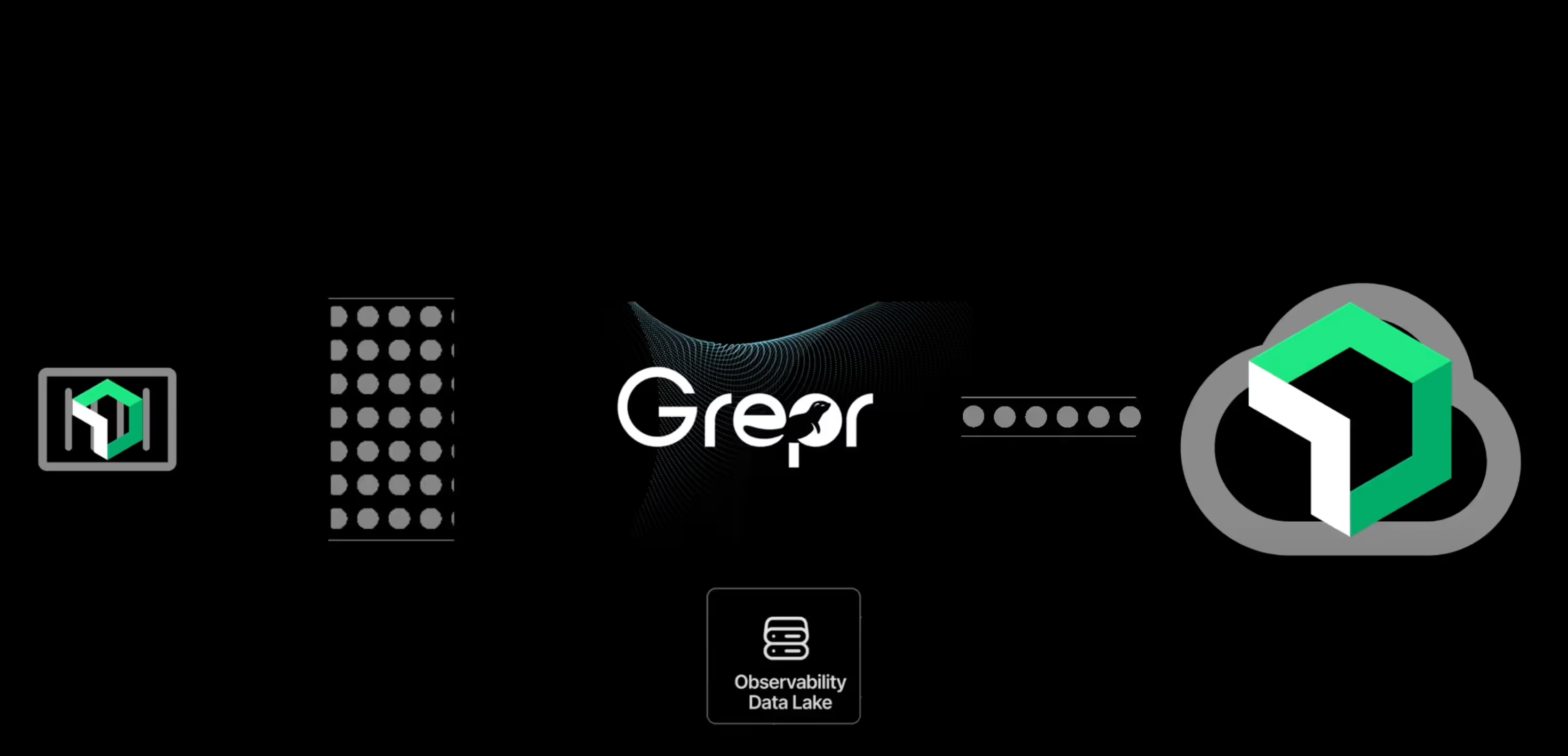This blog post shows how to reduce log volume by up to 90% by integrating New Relic with Grepr. Using a simple Docker-based microservices demo, we walk through configuring Fluent Bit to ship logs to New Relic, then show how easily Grepr can be inserted into the pipeline to intelligently filter out noise. The result is cleaner, more actionable log data, reduced observability spend, and no disruption to existing workflows. All raw data is retained in low-cost storage and can be backfilled on demand—helping teams stay in control of both their visibility and their budget.
More blog posts
All blog posts
Grepr Live View: Test Pipeline Changes with Production Data
.png)
Grepr Recognized by Gartner as a Cool Vendor for AI Driven Operations



